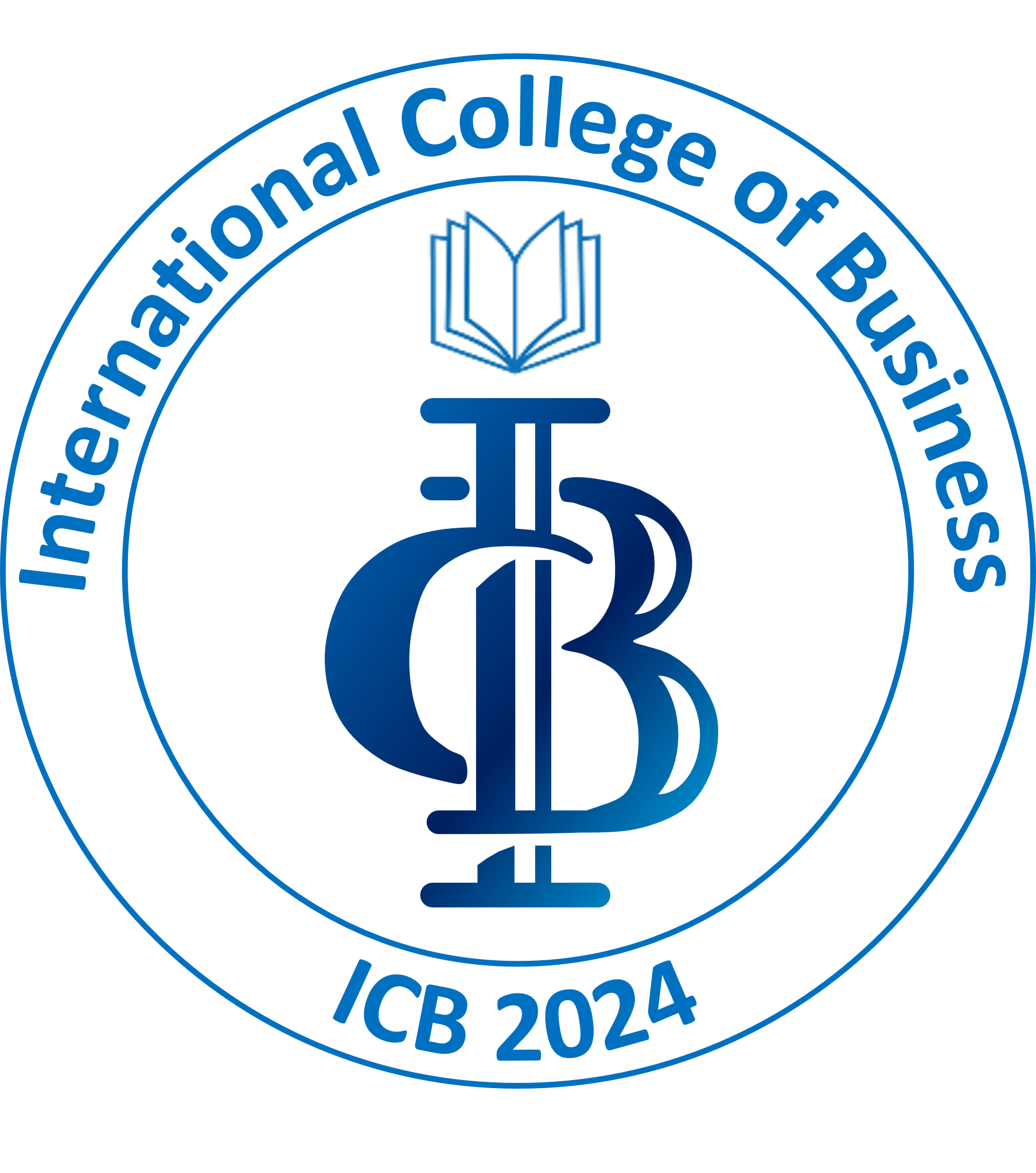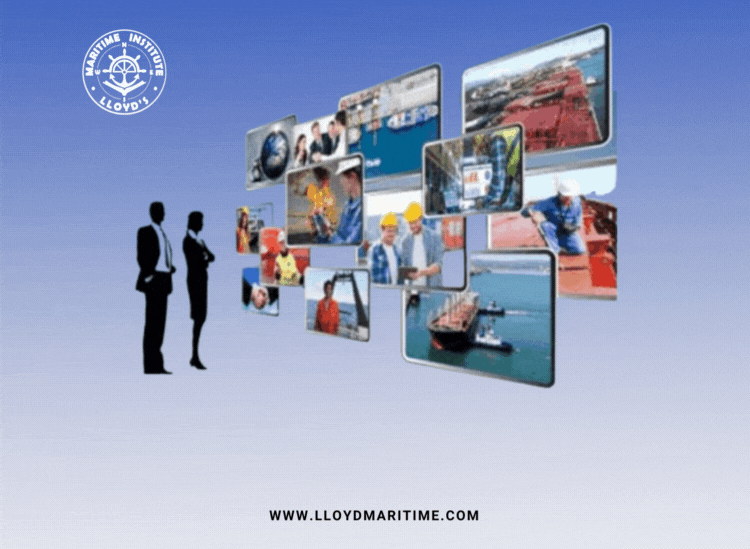This course equips scholars with the essential skills and knowledge for effective facilities management, focusing on the integration of operation and maintenance needs across various structures. It aims to enhance the resilience and sustainability of man-made facilities while reducing operational costs.

| This course is designed to familiarize and educate scholars with the management of facilities and methods for integrating operation and maintenance needs, place of use, technology, and operation and maintenance processes, and to ensure the preservation and improvement of the functionality of man-made facilities. This field deals with the dimensions of the country’s sustainable development and issues of improving the resilience of facilities and preserving national capital, all facilities at the national level, including residential complexes and buildings, office and commercial complexes, hospitals, airports, industrial complexes, infrastructure, and many other structures, buildings, and facilities. The vision of this field is to empower specialists to preserve individual and national capital, and the necessity of engineering and protecting financial resources and assets to increase productivity and proper operation, increase the life and efficiency of facilities, and reduce operation and maintenance costs. Developing individual skills as a facilities manager requires knowledge including operation, maintenance, and repair management, physical asset management, human resource management, quality management, leadership and strategy, document management, emergency and crisis management, and other subsystems. Another important goal of this field is to face the challenges of proper operation and implement appropriate strategies for maintenance and repairs in various parts of facilities. Facilities management can be implemented in all segments of the government sector, public institutions, and the private sector. This field has the following objectives to achieve sustainable development improve the level of resilience and reduce the costs of the operation and maintenance of facilities: • Increasing public understanding and sensitivity towards better facilities management • Practical development of knowledge, tools, and techniques of facilities management knowledge • Creating theoretical foundations for understanding the main competencies that constitute facilities management knowledge • Innovation in the scientific and research fields of facilities management knowledge and contributing to the advancement and expansion of the global boundaries of this knowledge • Dissemination and production of Indigenous facilities management knowledge appropriate to the specific cultural, social, and technical characteristics of the country Graduates of this field, by becoming familiar with the principles and foundations of facilities management and the appropriate and correct criteria and methods for operating and maintaining facilities, as well as acquiring the necessary skills regarding facilities management subsystems, will be able to implement facilities management processes, including eleven subsystems, under relevant standards in various types of facilities, and thereby improve the level of resilience of facilities and provide them with greater sustainability. The roles and abilities of graduates of this field include: • Familiarity with facilities management technologies and their appropriate use • Quality management in facilities • Optimal and optimal operation of facilities • Proper maintenance and repairs with appropriate strategies in facilities • Environmental participation and improving the level of resilience in facilities • Development and sustainability management • Application of appropriate models and strategies in facilities management • Communication and human factors management in facilities • Emergency and crisis management in facilities • Physical asset management in facilities • Maintenance, repair, and engineering project management in facilities • Appropriate methods of providing financial resources for facilities management • Reducing costs during the operation and maintenance of facilities • Safety, health, and environmental management in facilities Graduates of this field will be able to provide facilities management services in the form of management consulting or independent contracting services in the private sector and all types of facilities and cooperate with all government agencies and public institutions responsible for the operation and maintenance of facilities, including infrastructure and other matters. |













